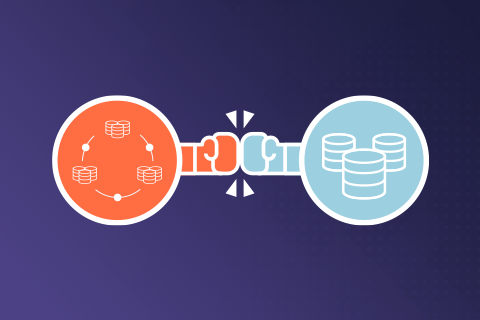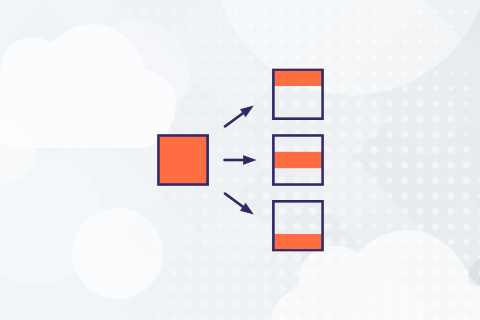YugabyteDB Engineering Update – Jan 29, 2020
We are pleased to announce that YugabyteDB 2.0.11 is now live! You can read the official release notes of this and previous versions here. These two releases shipped with a combined 30+ new enhancements and fixes.
What’s YugabyteDB? It is an open source, high-performance distributed SQL database built on a scalable and fault-tolerant design inspired by Google Spanner. Yugabyte’s SQL API (YSQL) is PostgreSQL wire compatible.
YSQL API
- Fix txn conflict issues due to absence of cotable ID in DocKey.
…









